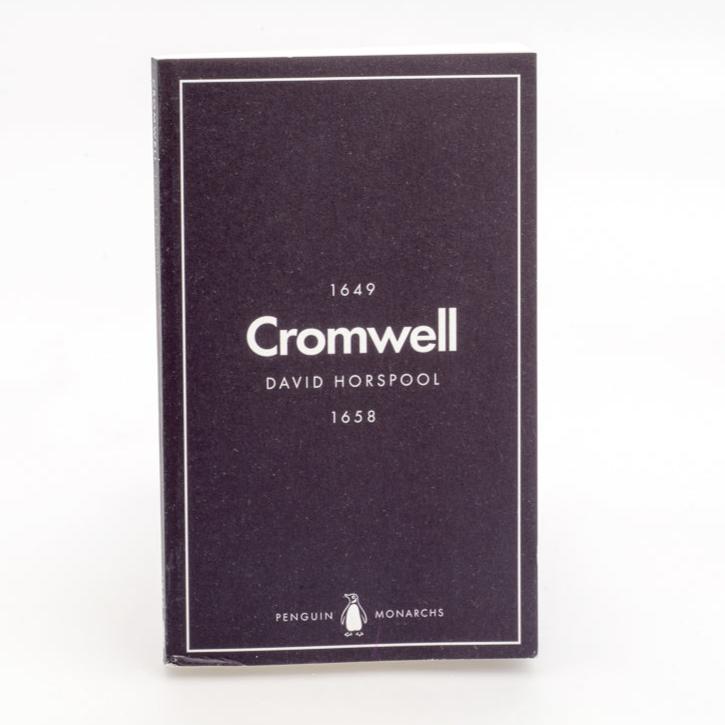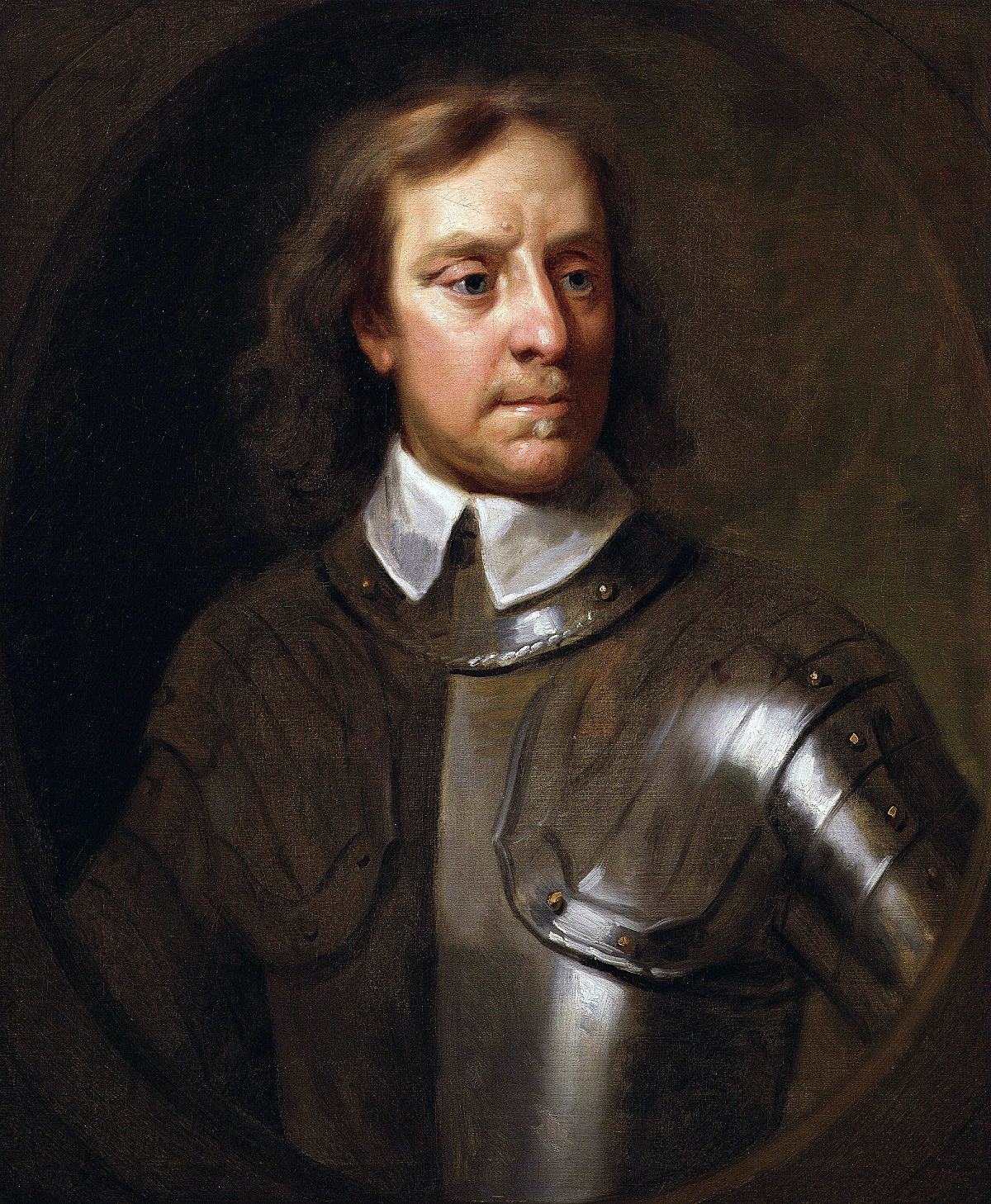Cromwell Museum
Cromwell - David Horspool
Cromwell - David Horspool
Couldn't load pickup availability
Although he styled himself 'His Highness', adopted the court ritual of his royal predecessors, and lived in the former royal palaces of Whitehall and Hampton Court, Oliver Cromwell was not a king - in spite of the best efforts of his supporters to crown him.
Yet, as David Horspool shows in this illuminating new portrait of England's Lord Protector, Cromwell, the Puritan son of Cambridgeshire gentry, wielded such influence that it would be a pretence to say that power really lay with the collective. The years of Cromwell's rise to power, shaped by a decade-long civil war, saw a sustained attempt at the collective government of England; the first attempts at a real Union of Britain; the beginnings of empire; a radically new solution to the idea of a national religion; atrocities in Ireland; and the readmission to England of the Jews, a people officially banned for over three and a half centuries. At the end of it, Oliver Cromwell had emerged as the country's sole ruler: to his enemies, and probably to most of his countrymen, his legacy looked as likely to last as that of the Stuart dynasty he had replaced.
Paperback : 160 pages
Although Cromwell was not a king he was a powerful Head of State for nearly five years, and rightly takes his place in the excellent Penguin Monarch series. David Horspool, History Editor of the Times Literary Supplement, packs a lot into the 115 pages of this pocket sized volume which is The Cromwell Association’s recommended introduction to The Protector. In a well balanced account Horspool sees Cromwell as decisive in battle but “a champion ditherer” in matters of politics, possibly because it was sometimes difficult to discern the will of God, or it took time to do so.
Ireland remains a blot on Cromwell’s reputation. While the 1631 siege of Magdeburg (in the Thirty Years War) and the Ulster Massacres of 1641, when large numbers of Protestants were murdered, are an indication of the troubled times, Horspool is clear that while Cromwell may have obeyed the narrow rules of war in Ireland, he showed none of the humanity which characterised his behaviour in Britain.
Against that he was, by the standards of the day, in favour of religious toleration, even re-admitting a Jewish congregation to England, 366 years after their expulsion by Edward I. Nor did Cromwell pursue kingship, rather it pursued him, but unsuccessfully. Review: John G


About the Museum
The Cromwell Museum is an independent charity. Your purchases help support our work and preserve our collections for future generations to enjoy.

